Sustainable fashion show in the organic cotton farm in Ingá – PB

The city of Ingá, 101 km from João Pessoa-PB, celebrated the production of organic cotton on an industrial scale by inviting associations of farmers, public and private institutions, the press, and customers to “Field Day”, on September 12th. Organic cotton grown by family farming in rural settlements and quilombola communities reaches 1200 kilos per hectare.
To mark the date, an 80-meter runway was installed in the field and Natural Cotton Color presented 16 looks for the guests, moving everyone. “The idea was to show farmers that the cotton they harvest is transformed into noble products”, says Francisca Vieira, CEO of Natural Cotton Color.
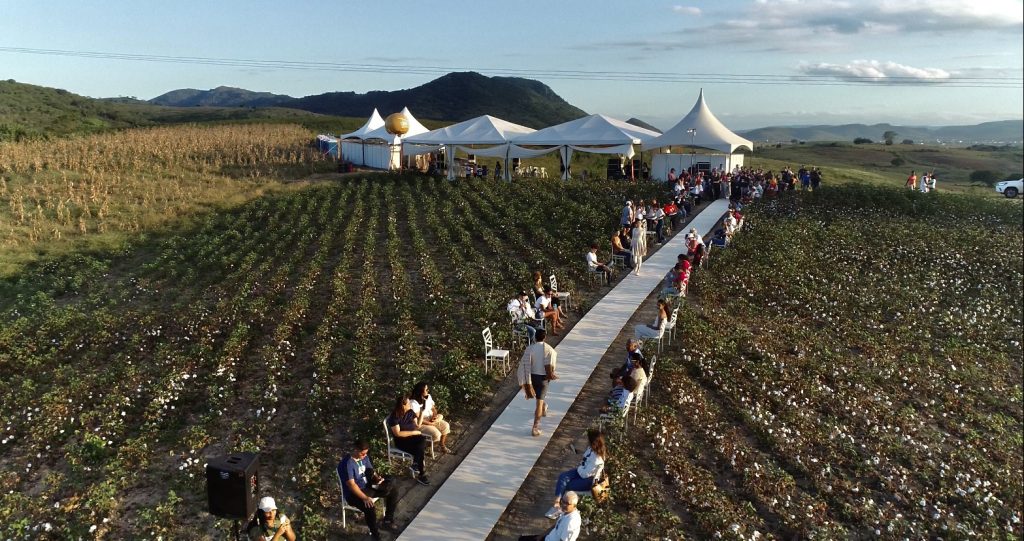
Called ‘White Gold’, cotton brought prosperity to the municipality in the 1940s
The importance of cotton for the city of Ingá
Called ‘White Gold’, cotton brought prosperity to the municipality in the 1940s. In the 1980s, cotton farming went through a tragic moment: the boll weevil plague ended the crop throughout the country. As a result, Ingá faced a large rural exodus. Now, the municipality’s goal is to once again become a reference in Brazil as a producer of organic cotton for the production of fashion and sustainable decoration items.
Nowadays, planted with a guaranteed purchase contract with Natural Cotton Color, textiles, and other clothing, Ingá has attracted new farmers, and the cultivation that started in 2021 with five hectares, has already reached 46 hectares in 2022. The price paid per kilo is the biggest in Brazil. With new perspectives, the field has been attracting women and young people. In 2021, there was only one woman in the countryside, this year there are 17.
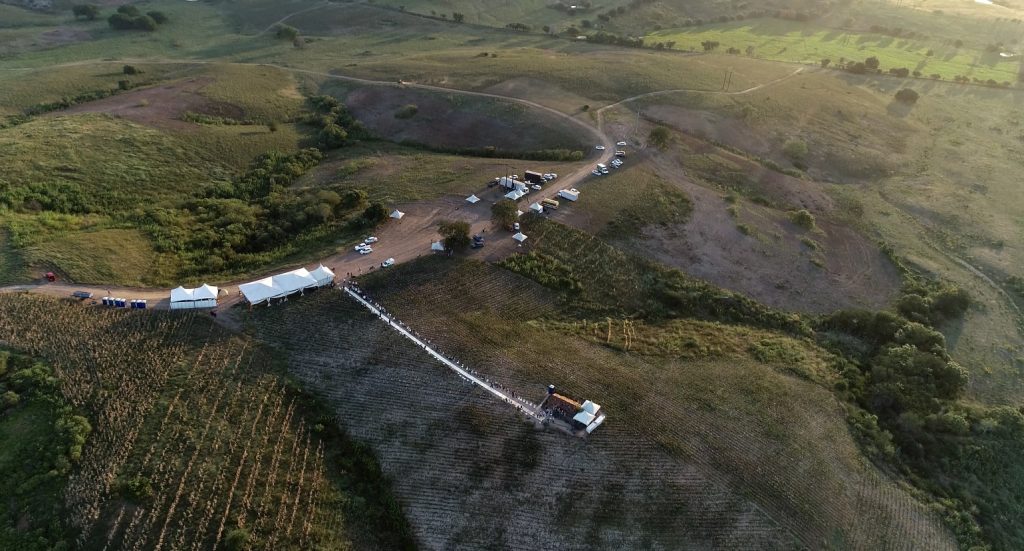
Ingá has attracted new farmers, and the cultivation that started in 2021 with five hectares, has already reached 46 hectares in 2022.
“The return of production in Ingá is a cultural and historical rescue. We are going to put the city back on the country’s cotton map”, announces Robério Lopes Burity, the city’s mayor.
The crop is intercropped with corn, beans, and fava beans because to functioning as a protective barrier, up to all it is part of the food safety strategy. In addition, the ruins of the former 10,000m² textile factory in the municipality of Ingá have already been expropriated by the city hall. The idea is to recover them to transform them into an industry for the processing and use of all cotton by-products.
Production in Ingá involves the communities of Pedra D’água, District of Pontina, Sítio Pontina, Sítio Cutias, Fazenda São Paulo, Sítio Cururu, Fazenda Umatai, Sítio Pedra Lavrada and Sítio Piaba. All workers are trained for innovative and agroecological agriculture by the Paraiba Company for Rural Extension and Land Regularization Research – EMATER. In this way, they learned that it is possible to face and defeat the boll weevil without using poison.
The project’s expansion attracted FAO and gained supporters
The next step in the “Algodão da Paraíba” project, which seeks to expand cultivation, is to obtain support from the Banco do Nordeste do Brasil (BNB), as the bank supports mini and small cotton farmers in the form of associated or isolated financing and costing. Conversations are moving forward. At the moment, BNB already supports Field Day, “mainly because cotton has been a thriving and traditional activity in the region in the recent past, in addition to the strong support that the public management of the municipality of Ingá is providing to the participants of the cooperative”, justifies Nazareno Nascimento Félix, BNB development agent.
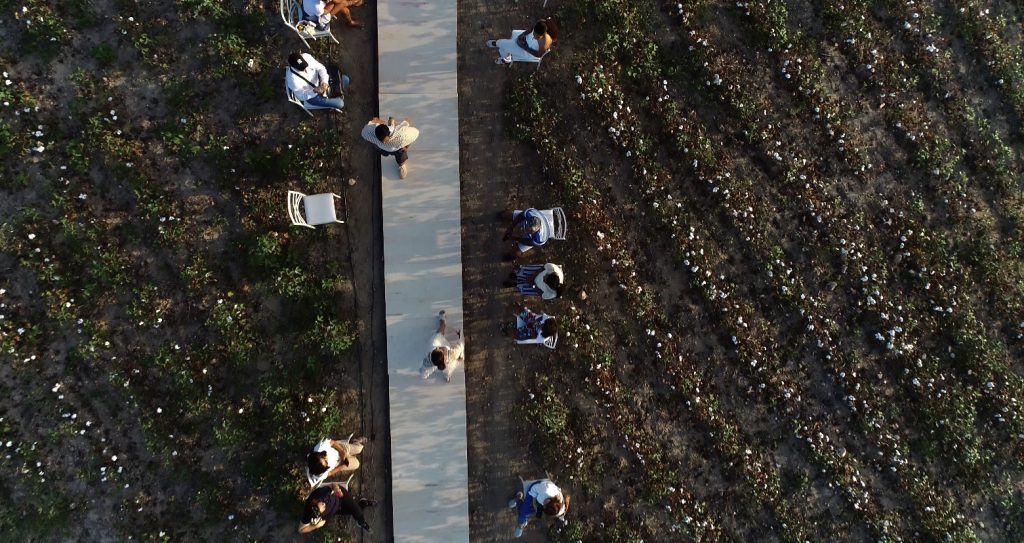
The crop is intercropped with corn, beans, and fava beans because to functioning as a protective barrier, up to all it is part of the food safety strategy.
The cotton expansion project has been attracting the attention of the media and attracted the attention of the Food and Agriculture Organization of the United Nations (FAO/UN), which came in a delegation to the Field Day through the +Algodão project. This is an initiative carried out by FAO that brings together the government of Brazil, represented by the Brazilian Cooperation Agency (ABC/MRE) with institutions such as the Brazilian Agricultural Research Corporation (Embrapa) and partner countries within the scope of the International Cooperation Program. Brazil-FAO.
“We found in Ingá an excellent technical quality of cotton. The mayor’s initiative in proposing the ‘Field Day’ is a novelty because it brings together public and private sector agents and an opportunity to present new solutions to other cities in the region. We value, above all, those who take cotton from small producers to the world through research that generates new fabrics and fashion products, adding even more value to cotton. We are taking this knowledge and experience to other Latin American countries”, declared Adriana Gregolin, regional coordinator of the +Algodão project.
The appreciation of the Labyrinth – handicrafts that are local heritage
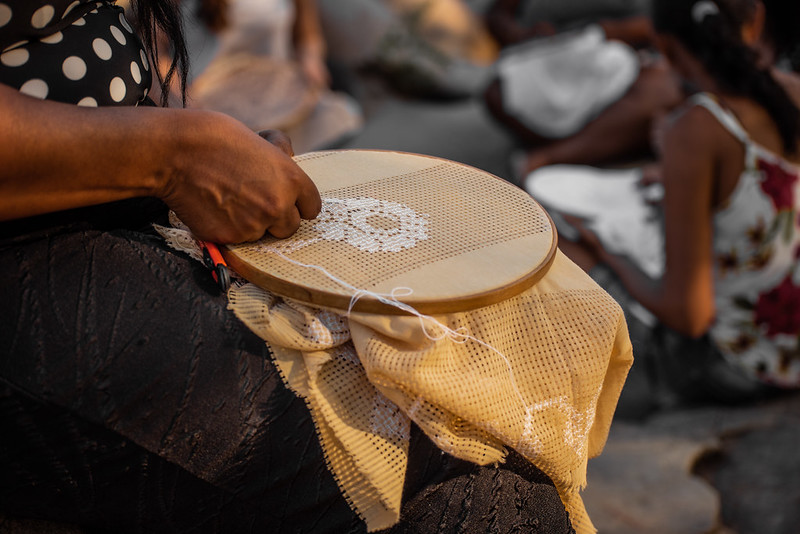
Another initiative is to generate value for “Labirinto” typical handicrafts of the region and listed as a Cultural and Intangible Heritage of the State of Paraíba.
Another initiative is to generate value for the typical handicrafts of the region and listed as Cultural and Intangible Heritage of the State of Paraíba, which is characteristic of the region. The project “Labirinto de Ingá”, with the initiative of Mayor Burity with mentorship by Francisca, brings together women in new ways for the artisan technique, which was in decline in the region due to the low sales value.
The ‘Labirinto de Ingá’ project had training led by Janaína Alves, from the company Perfilar Labirinto. Among other actions, the idea is also to bring women from rural areas who live far away from each other closer, strengthening the sense of community and collaboration between them.
The Field Day held by Ingá City Hall is supported by Banco do Nordeste do Brasil (BNB), Brazilian Support Service for Micro and Small Enterprises (Sebrae Paraíba), National Service for Industrial Learning (Senai Paraíba), Empresa Paraibana de Pesquisa, Rural Extension and Land Regularization (Empaer), and the State Secretariat for Family Agriculture and Semiarid Development (SEAFDS).
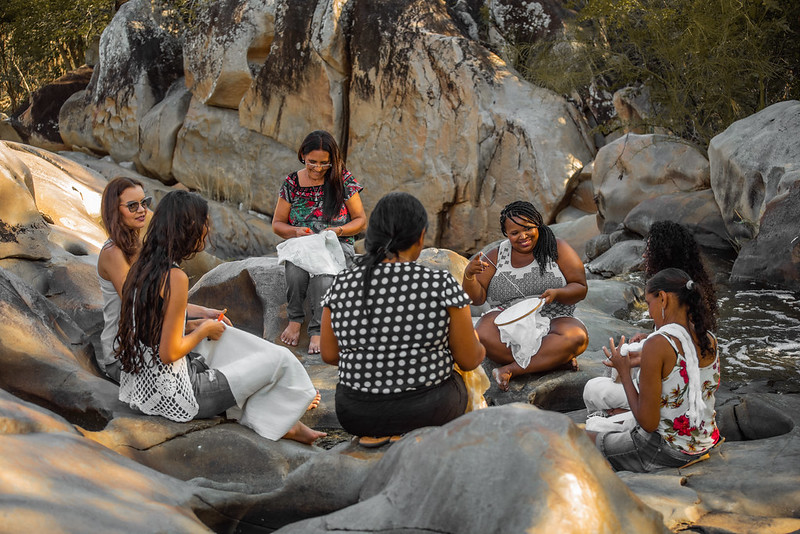
Women artisans guarantee income and craft bring women closer by strengthening personal contact and collaboration between them.
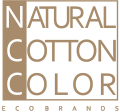 Organic and Natural Cotton Color
Organic and Natural Cotton Color